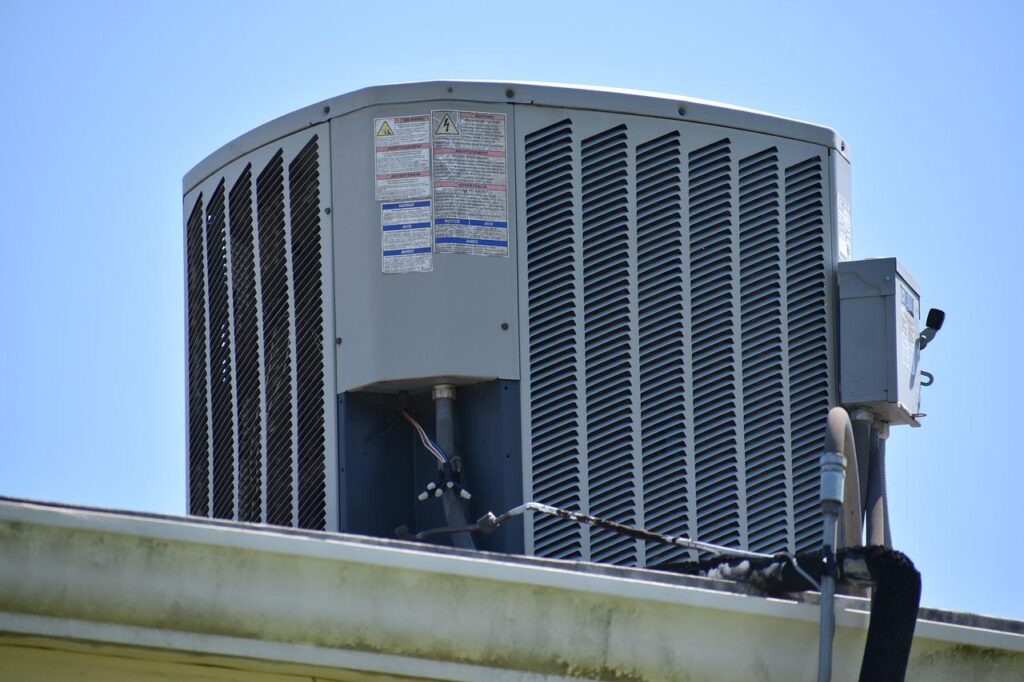Are HVAC professionals in high demand
Are you good with your hands and looking for a job that is in demand? Then you should consider a career as an HVAC (Heating, Ventilation, and Air Conditioning) technician.
In this post, we are going to go over what an HVAC technician is and why it can be an exciting career path for you.
What is an HVAC professional?
HVAC technicians are responsible for the maintenance, repair, and installation of air conditioning and heating systems in homes and businesses. Many HVAC professionals work as part of a team or solo as an entrepreneur.
Average salary for professionals
Indeed reports that on average, entry-level technicians can make $26.51 per hour with less than 1 year of experience. But with proper training and experience a pro can make as much as $39.04 per hour on average.
What states are technicians in high demand?
As you would expect, the demand for HVAC professionals is much higher in states with higher yearly temperatures. It is not a surprise that Florida, California, and Texas have the highest concentration of professionals in the field (RSI).
Here are some states where there is also high demand:
- New York
- Pennsylvania
- Alaska
- Hawaii
- Washington
- Massachusetts
If you don’t live in these states, HVAC may still be worth pursuing as a career path.
Statista reported that the worldwide HVAC market size will hit 367.5 billion dollars by the year 2030.
How to become an HVAC professional
To become an entry-level technician, you will first need to have your high school diploma or a GED equivalent. But if you wish get a larger salary, it may be worth going to trade school. With most programs taking 6 months to 2 years to complete.
Your employer may also ask if you have certifications.
One of the most widely accepted certifications is the North American Technician Excellence (NATE) which is a certification offered by the U.S. Environmental Protection Agency and ASHRAE® (the American Society of Heating, Refrigeration and Air-Conditioning Engineers).
To gain the certification, you must score 70% or higher on a series of skill tests, that include basic subject matter knowledge, and technical skills assessments (Trane)
While it is not required, getting the certification will help you stand out from other technicians and may lead to higher pay.
Conclusion
HVAC is a growing industry that needs quality professionals to fill the positions. So, why wait? Find your nearest HVAC training program, and get one step closer to starting a fulfilling career.
If you are a current technician in the field, visit Hearth to learn how we can help your close more deals.

